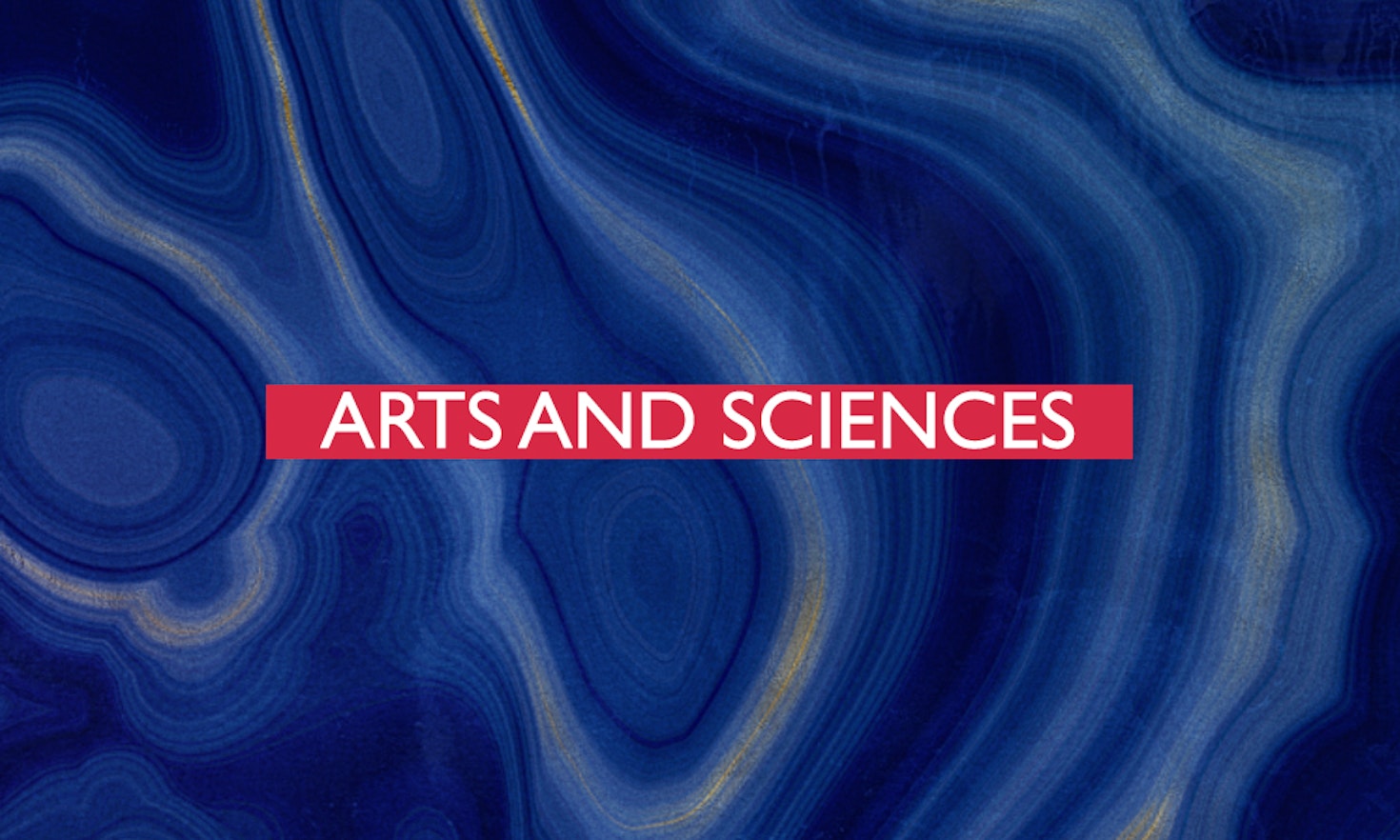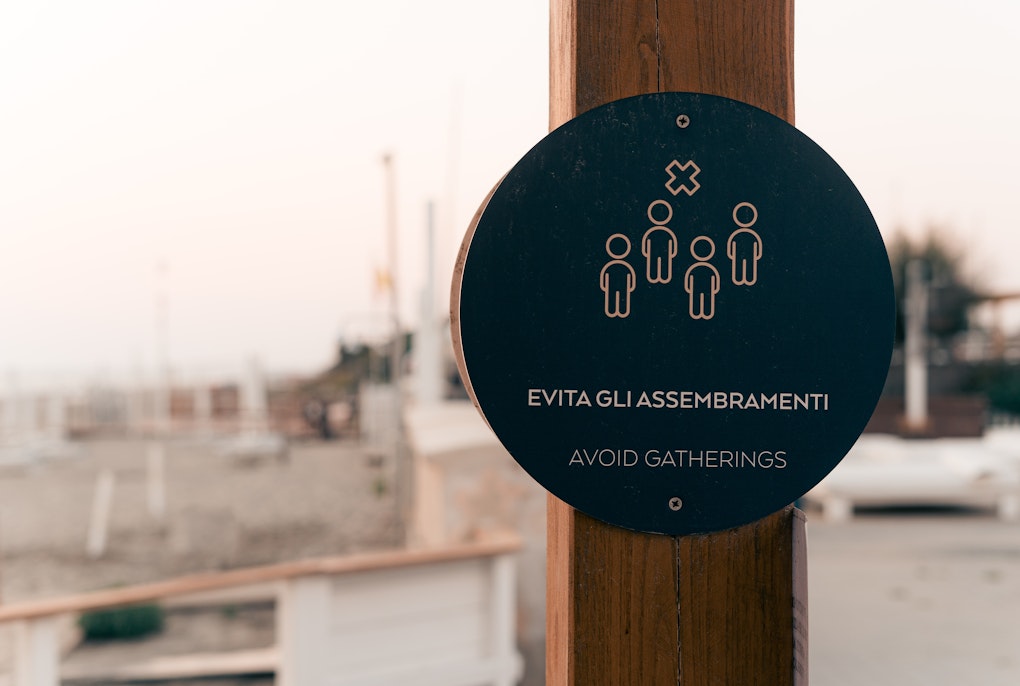
Breaking the silence: the future of power-sharing in Belgium
 Maxime Vandenberghe
Maxime Vandenberghe
The Charter states that scientific research should be “free of constraint” and that academic freedom is to be “respected”. Wishful thinking or the superfluous statement of facts? For sure not the latter: we know that at least one EU Member State adopted a university law de facto chasing a prominent university out of the country. The Charter clearly expresses that academic freedom is more than the freedom to hold opinions in a university context.[1] It “includes not only substantively autonomous research and teaching that is free from State interference, but also its institutional and organisational framework”.[2] Therefore, it did not come as a surprise that Hungary, the country referred to, was brought before the EU Court in Luxembourg.
The Charter right in action
Admittedly, until now, Article 13 has hardly played a role before European and national courts. However, those who like electronic music might have heard of the Kraftwerk case. The German band Kraftwerk have established an international reputation and from the early 70s onwards have succeeded in popularising the genre of electronic music. Remember the songs “Autobahn” and “Radioactivity”? That’s them.
Recently the band was involved in a legal litigation that led to a judgment by the EU Court relevant for the interpretation of the Charter’s Article 13. Basically, Kraftwerk claimed that two other musicians had electronically copied (‘sampled’) 2 seconds of a rhythm sequence from one of their songs and that their copyrights had been violated. The national court that referred various questions to the EU Court wanted to know, what the Charter meansin regard to the interpretation of the relevant EU copyright legislation. The EU Court pointed out a need to balance the right to property (Article 17) and the freedom of the arts, enshrined in Article 13 of the Charter. It noted that the technique of ‘sampling’ indeed “constitutes a form of artistic expression which is covered by freedom of the arts, as protected in Article 13 of the Charter”. And it concluded that the copyright law allows Kraftwerk to prevent another person from taking the sound sample, even if very short, unless that sample is included in the phonogram “in a modified form unrecognisable to the ear”.[3]
What do the constitutions of the Member States say?
Two-thirds of the EU Member States have provisions in their constitutions that reflect the elements of Article 13. Most of these protect not only the freedom of science and research, but also refer to arts or artistic creations. Academic freedom also features prominently in these States’ constitutions and some even refer to the autonomy of certain academic institutions.[4] The German and the Greek constitutions explicitly state that the freedom of academic teaching does not “release any person from allegiance to the constitution”.[5] Copy rights, patent rights or author rights are explicitly referred to in the constitutions of Latvia, Romania and Sweden.[6] Little more than a handful of the constitutions clearly stress the State’s positive obligations when it comes to promoting arts and sciences. Unique in this regard, is the Portuguese constitution which obliges the state to “promote the democratisation of culture by encouraging and ensuring access by all citizens to cultural enjoyment and creation”.[7] The Hungarian constitution stresses that the State “have no right to decide on questions of scientific truth; only scientists shall have the right to evaluate scientific research”.[8]
So what?
Some argue that Article 13 does not play much of a role in legal practice because the relevant EU competences in the field of arts and science are modest and determined by the principle of subsidiarity.[9] What might be more relevant is that Article 13 overlaps with other Charter rights such as Article 10 (freedom of thought, conscience and religion) and Article 14 (the right to education).[10] The complexity is further increased by the Charter text stating on one hand, that “arts and scientific research shall be free of constraint”, whereas academic freedom shall (only?) “be respected”. Nevertheless, it is submitted that Article 13 will gain in relevance. In times where we witness authoritarian tendencies in some EU Member States, a fundamental right to freely engage in arts and science is needed. After all, the role of the arts and sciences goes beyond the scope of freedom of speech and the right to education and is very important for a vivid democracy.
Interested in knowing more? Well, here you are: ‘All EU-r rights‘, stay tuned!
 |
Gabriel N. Toggenburg is an Honorary Professor for European Union and Human Rights Law at the University of Graz, Austria. He worked as a Senior Researcher for Eurac Research in Bolzano/Bozen (Italy) from 1998 to 2008. Since 2009, he has been working for the European Union. All views expressed are his own and cannot be attributed to his current or former employers. His blog series “All EU-r rights” published on EUreka! aims at making the EU Charter of Fundamental Rights better known. He is grateful for the honour to have every blog entry introduced by a piece of art by Miloladesign. An annotated list of all Charter rights is available here. |
[1] The text of Art. 13 is taken from the text of Art. 5 (2) of the Resolution adopting the Declaration of fundamental rights and freedoms (based on the De Gucht report) of 12.04.1989.
[2] Advocate General Kokot, opinion in C-66/18, 5 March 2020, Para. 156.
[3] CJEU, case C-476/17 judgment of 29 July 2019, Paras. 34-39.
[4] Art. 23 (4) of the Bulgarian constitution, Art X (3) of the Hungarian constitution, Art. 70 (5) of the Polish constitution, Art. 73 (3) of the Portuguese constitution, Art. 32 (6) of the Romanian constitution.
[5] Art. 5 (3) of the German constitution, see also Art. 16 (1) of the Greek constitution.
[6] Art. 113 of the Latvian constitution, Art. 135 (2) of the Romanian constitution, Art. 16 of the Swedish Instrument of Government.
[7] Art. 73 (3) of the Portuguese constitution.
[8] Art. X (2) of the Hungarian constitution.
[9] Roberto Bin and Elisabetta Cardin, Article 13, in R. Mastroianni et al (eds.), Milan 2017, pp. 257-266, at 257. For the kind of treaty language used see e.g. Art. 165 Para 1 TFEU in the title “education, vocational training, youth and sport”.
[10] In fact in the drafting processes different parts of the provision were allocated to both these articles.
This content is licensed under a Creative Commons Attribution 4.0 International license except for third-party materials or where otherwise noted.

 Maxime Vandenberghe
Maxime Vandenberghe
 Arianna Piacentini
Arianna Piacentini
 Sara Parolari
Sara Parolari